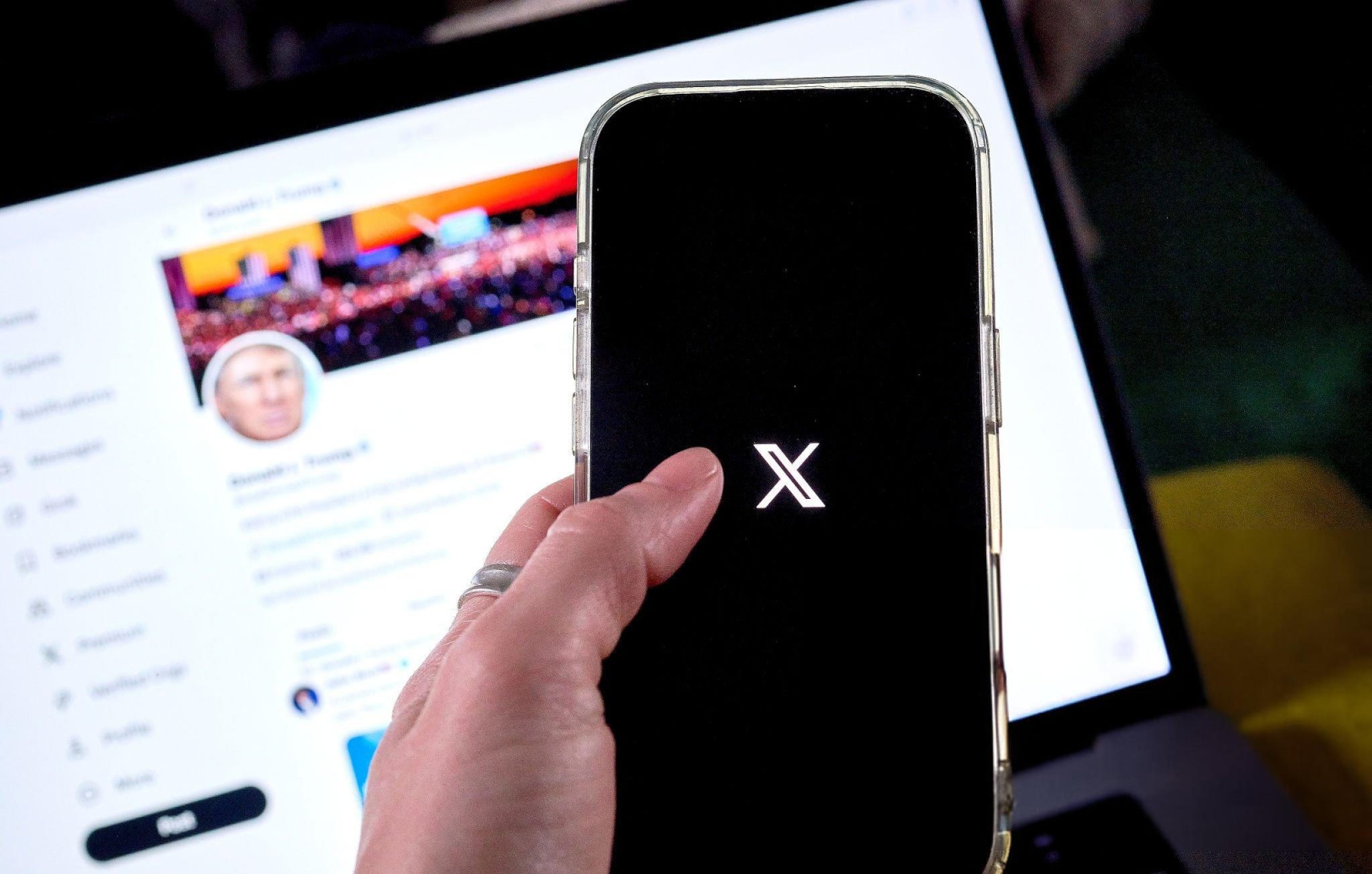X Blocks Over 8,000 accounts in India following fovernment orders, raises alarm over free Speech
In a significant and controversial development, social media platform X (formerly Twitter) has disclosed that it received executive directives from the Indian government ordering it to block more than 8,000 accounts within the country. The company announced its compliance with the orders but did so “under protest,” warning that such actions could set a dangerous precedent for free speech and digital rights in the country.
In a statement released on thursday, X revealed that the executive orders from the Indian government mandated the platform to restrict access not only to individual users but also to accounts belonging to prominent figures and international news organizations. The company expressed serious concerns over the nature of these orders, citing a lack of clarity and justification for many of the blocked accounts.
“For a significant number of accounts, we did not receive any evidence or justification to block the accounts,” X said. “In most cases, the government had not specified which posts allegedly violated Indian law.” The company described the demands as “excessive” and cautioned that blocking entire accounts, as opposed to individual posts, could lead to broader censorship and unjustified suppression of voices.
X further emphasized that its compliance was influenced by the potential legal consequences of non-compliance. The platform noted that failure to adhere to the government’s directives could result in heavy fines and even imprisonment of its local employees. “We are compelled to follow the orders to ensure the safety of our staff in India,” the company explained.
Labeling the orders a threat to the “fundamental right to free speech,” X criticized the move as one that undermines democratic discourse. The platform argued that blocking entire accounts preemptively stifles future content and restricts access to a wide array of information, much of which may not be in violation of any law.
Despite its vocal disagreement with the Indian government’s stance, X stated that maintaining the platform’s availability in India is essential. “This is not an easy decision, however keeping the platform accessible in India is vital to Indians’ ability to access information,” it noted.
The platform also said it is exploring every possible legal channel to contest the orders. However, X admitted that its ability to challenge such executive orders under current Indian law is severely limited. The company has encouraged affected users to seek their own legal remedies and shared resources for legal aid, including organisations such as iProbono India, the National Legal Services Authority, the Karnataka Legal Services Authority, and the Supreme Court Legal Services Committee.
This incident marks another chapter in the growing friction between global tech platforms and the Indian government over digital content regulation, censorship, and compliance with local laws. While the Indian government has defended its increasing scrutiny over social media as a matter of national security and public order, critics argue that such sweeping powers risk curbing dissent and silencing critical voices online.
As the debate continues, the incident has sparked fresh concerns about the future of digital freedom in the world’s largest democracy, with many tech policy experts calling for a more transparent and accountable framework for regulating online content.







